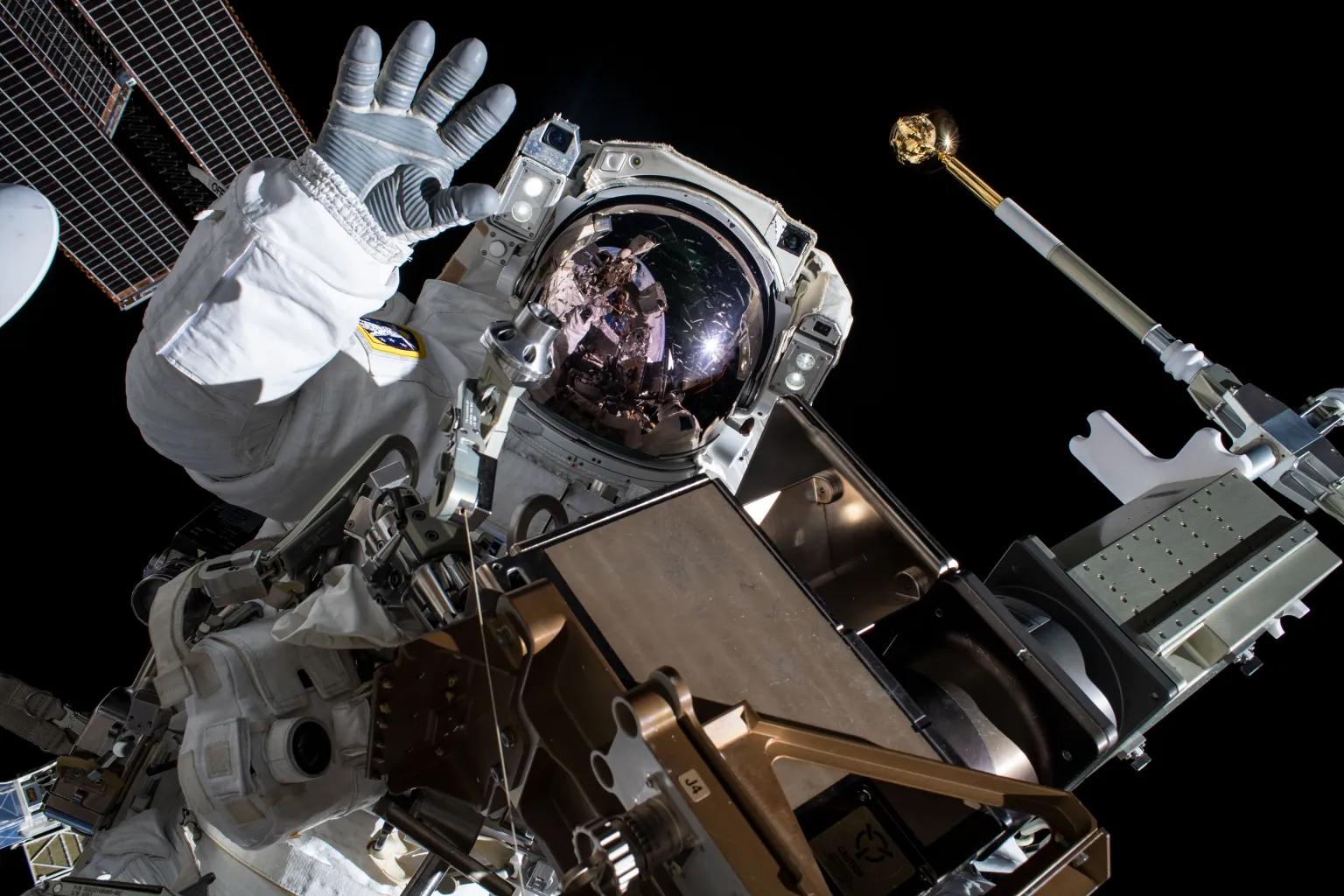NASA’s Expedition 73 crew aboard the International Space Station (ISS) is spearheading crucial health monitoring research aimed at understanding the impacts of long-duration spaceflight on the human body. Operating in the microgravity environment of low Earth orbit, astronauts are undergoing regular assessments that provide invaluable data for the future of space medicine.
The comprehensive health tracking includes cardiovascular function, bone density analysis, muscle strength measurements, and immune system evaluations—critical factors that influence astronaut well-being during extended missions. These studies help scientists identify physiological changes unique to microgravity, enabling the development of countermeasures to safeguard crew members’ health.
As new cargo missions are scheduled to resupply the ISS with essential equipment and experimental supplies, Expedition 73 is also preparing for advanced biomedical experiments that target cellular and molecular responses to space conditions. These insights have applications not only for space exploration but also for improving medical treatments on Earth.
This ongoing research aligns with NASA’s broader goals to safely send humans to the Moon, Mars, and beyond, where prolonged exposure to microgravity and radiation poses significant health risks. By continuously monitoring astronaut health, NASA can refine protocols to enhance mission success and crew safety.
The findings from Expedition 73 promise to deepen our understanding of human biology in extreme environments, paving the way for future breakthroughs in both space travel and terrestrial medicine.
More than news- Its Icegate

